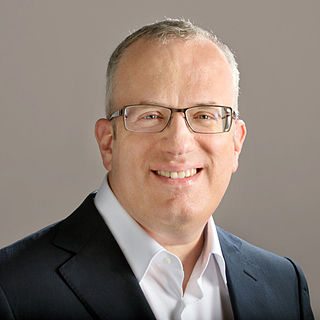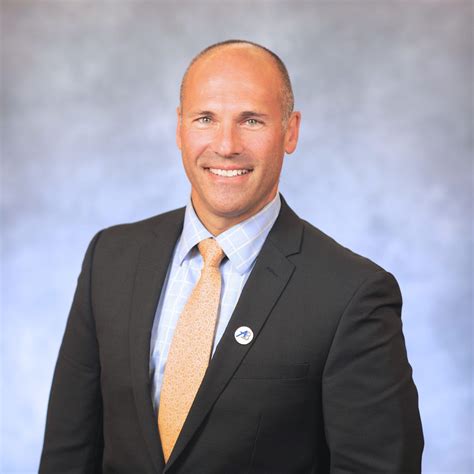A Quote by Mark Pincus
In a world of shared data services, where you have third-party networks selling ads on your behalf and displaying them in real time to your users, it's very difficult for you to control everything.
Related Quotes
Computer security can simply be protecting your equipment and files from disgruntled employees, spies, and anything that goes bump in the night, but there is much more. Computer security helps ensure that your computers, networks, and peripherals work as expected all the time, and that your data is safe in the event of hard disk crash or a power failure resulting from an electrical storm. Computer security also makes sure no damage is done to your data and that no one is able to read it unless you want them to.
Advertising isn't just the disruption of aesthetics, the insults to your intelligence and the interruption of your train of thought. At every company that sells ads, a significant portion of their engineering team spends their day tuning data mining, writing better code to collect all your personal data.
Advertising isnt just the disruption of aesthetics, the insults to your intelligence and the interruption of your train of thought. At every company that sells ads, a significant portion of their engineering team spends their day tuning data mining, writing better code to collect all your personal data.
Letting users control your site can be terrifying at first. From day one we were asking ourselves, "What is going to be on the front page today?" You have no idea what the system will produce. But stepping back and giving consumers control is what brought more and more people to the site. They have a sense of ownership and discovery at the same time. If you give users the tools to spread and share their interests with others, they will use them to promote what is important to them.
Google, Amazon, Apple. Any number of cloud providers and computer service providers who can increasingly limit your access to your own information, control all your processing, take away your data if they want to, and observe everything you do; in a way, that does give them some leverage over your own life.
In today's social business marketplace Facebook is one of the best places for nonprofits to be discovered and connect with a larger audience on the basis of shared values. So to get started, a non-profit should launch a Facebook page and invite your existing real world community to connect your cause and their networks.
Advertisers don't want to be ignored, and they are drunk on our data, which is what Google and other large networks are really selling. The ads are almost a by-product; what companies really want to know is what antiperspirant a woman of 25-34 is most likely to purchase after watching 'House of Cards.'


































